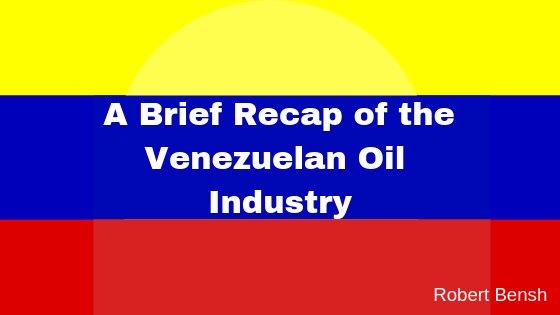Venezuela’s oil industry has seen a few downs over the years, but the country has housed one of the world’s biggest oil reserves for the better part of its existence. The last few years in Venezuela have seen economic collapse as well as changes in leadership and government. In fact, the events in Venezuela have many people calling for foreign interference.
With the United States placing sanctions on Venezuela’s President Nicolas Maduro and his oil industry, many are asking what exactly went wrong. Below is a brief outline of the events leading up to the collapse of the Venezuelan economy.
Venezuela reached its peak in 1970. A year later the country nationalized its gas industry. It was after this that oil production began to slow down. By 1985, Venezuela’s oil production had declined by more than 50%. The country climbed out of this slump, however, and by 1998, Venezuela was nearly as productive as they were in 1970. Hugo Chavez took over the country in 1999.
While it is true that Venezuela has the largest oil reserve in the world, that oil is very tough to refine. The Orinoco Belt houses an estimated 1.2 trillion barrels but most of it is extra-heavy crude oil. To help manage costs and conserve equipment, Venezuela invited other oil companies into the country to do the refining for them.
The real trouble began in 2007 when oil prices were rising. The Venezuelan government believed they deserve higher profits from the oil that companies were refining. They sought to renegotiate with oil giants like ExxonMobil. This angered many of the oil companies who disagreed with the suggested change to profit margins. Many companies chose to distance themselves from Venezuela and production slowed dramatically. Without the help of outside oil companies, Venezuela did not have the equipment or the funds to continue refining oil at the same pace.
Hugo Chavez drastically underestimated the capital investment needed to continue operating his oil industry without the help of ExxonMobil and other oil companies. Chavez attempted to move what profit he made from oil into social programs. This could be considered a major factor in the decline of the Venezuelan economy. As of 2018, Venezuela’s oil production was 50% below production numbers recorded in 2006. The severe slowdown in production led to a severe slowdown in income, which almost certainly played into the country’s current state.
